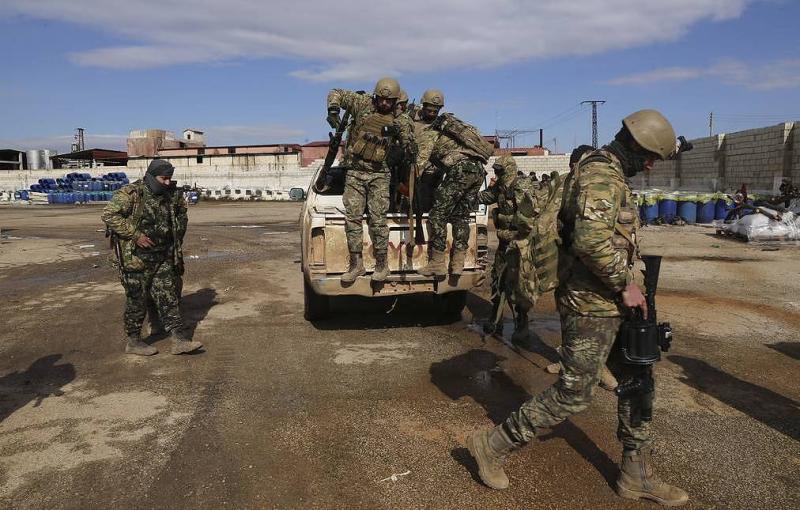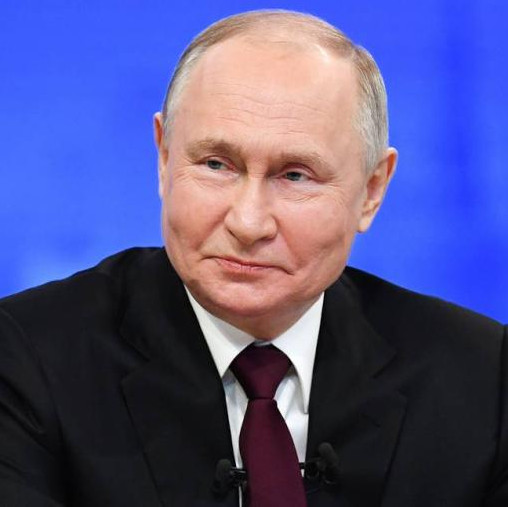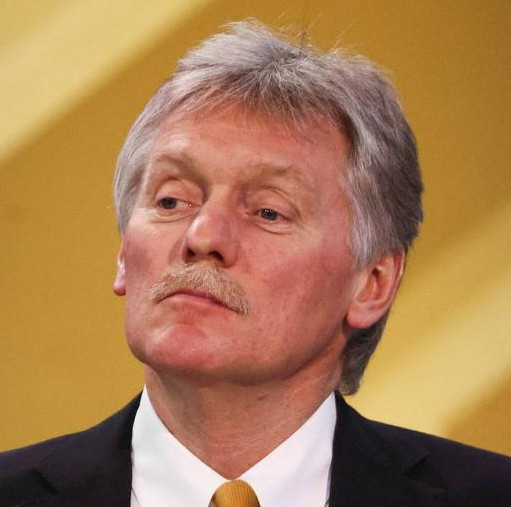
On the night of November 20, 2022, the Turkish Air Force launched powerful strikes targeting Kurdish armed formations in northern Syria and Iraq.
Missile and bomb attacks were carried out against strongholds of pro-American Syrian Democratic Forces (SDF) in Syria’s Aleppo and Al-Hasakah Governorates, as well as against militant shelters of the Kurdistan Workers' Party (PKK) in northern Iraq.
The key targets in Syria were SDF positions outside Kobanî (Ayn al-Arab) at the Turkish border, and Derik (Al-Malikiyah) in Al-Hasakah’s northeastern part. Head of the Syrian Observatory for Human Rights Rami Abdel Rahman told the France-Presse agency that the 25 raids by the Turkish combat aircraft killed six Syrian soldiers and six Kurdish militants. Civilian casualties amounted to 31 people, with over 40 others wounded.
According to the regional Asharq al-Awsat outlet, a total of 50 Turkish jet fighters were engaged in air strikes against Syria and Iraq, backed by AEW and control aircraft, as well as unmanned aerial vehicles Akinci, Bayraktar TB2 and Anka. The Turkish fighters not only acted from their own country’s territory, but also freely entered the airspace of Syria.
Earlier, in response to the terrorist attack of November 13 in downtown Istanbul that killed six civilians, the Turkish president said all those behind it will face an imminent punishment. Shortly after, a number of suspects were detained, including a woman, in whose apartment small arms and explosive mixture components were found during a search.
The detainee, a Syrian citizen from the Turkish-occupied Afrin district, confessed to committing a terrorist act organized by PKK activists. She was getting instructions from Kobani downtown. Thus, the air raid targeting Kurds in Syria and Iraq have become Ankara’s response to the crime committed against its civilian population.
The Syrian government has officially avowed air strikes in the north, regarding them as "another act of aggression by the occupier," the Syrian SANA agency reports. According to the authorities, this raid has been the most powerful over the entire period of armed confrontation.
The Turkish combat aircraft did not fear Syrian air defenses due to the absence of S 300 systems capable of hitting far-off air targets, Western military experts claim. The complex was withdrawn from the country by the Russian command in summer this year. French analysts are sure only Russian long-range anti-aircraft weapons stationed at the Khmeimim airbase could have posed a threat to the Turkish fighters.
Therefore, the West believes that the airstrikes were preceded by an agreement between Ankara and Moscow on Russia's non-interference in Turkey’s air mission.
It is not that hard to believe. Following reports on the terrorist attack in Istanbul, Russian President Vladimir Putin expressed condolences to Recep Erdogan over the death of civilians and the 81 wounded, with three Russian citizens among them. At the same time, consideration must be given to Moscow's extremely tough stance on terrorism and everyone involved in it.
Also, account must be taken of the Russian military and political leadership’s altered attitude to leaders of the Syrian Kurds, most of whom tilt towards maintaining US military presence in Syria and reject proposals by the central government to join in the political settlement. The most influential parties and advocacy groups in Syrian Kurdistan keep moving along the secession track to establish an independent Kurdish state backed by the United States.
The Istanbul terrorist attack prepared and carried out by the Kurds might have been initiated by the Americans. In neighboring Iraqi Kurdistan, local politicians have recently launched a disobedience crusade against the central government, even though the country's president is a Kurd.
In Iran, popular unrest is growing to advocate for changing the Ayatollah regime, ousting the government and revising the policy at home. The situation remains most stressful in Iranian Kurdistan, adjacent to the borders of Turkey and Iraq. The Iranian authorities are coming across an increasing number of armed protesters and small arms smugglers. In Iran itself, armed attacks and sabotage have intensified against the heads of homeland security bodies and command representatives of the Islamic Revolutionary Guard Corps.
Iran’s military and political leadership claims that a regional center to manage and coordinate action by the Kurds in Turkey, Syria, Iraq and Iran has been established in Saudi Arabia, being managed by US and Israeli intelligence services. A branch of the center operates in Iraqi Kurdistan.


